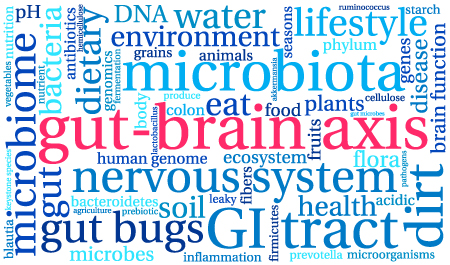Desbonnet et al. demonstrated that germ-free Swiss Webster mice exhibited social deficits such as social avoidance and decreased social cognition when compared to conventionally colonized mice. In germ-free mice, which were colonized post-weaning, the social avoidance deficit was resolved, but the alterations in social cognition were unchanged1.
Arentsen et al. similarly found that the microbiome impacted social behavior in mice, but reported that germ-free Swiss Webster mice were actually more social than conventionally colonized mice2.
These contradictory results show the importance of other variables such as age, the actual microbiome of the "conventionally colonized" controls, stimulus mice in social experiments, and more. Further, husbandry differences between germ-free mice raised in isolators and conventionally raised mice may also impact behavioral experiments.
More studies are clearly needed in this area, but already researchers are working to translate this insight into "psychobiotics", probiotics which can impact neuropsychological disorders.















.jpg)

.jpg)
.jpg)
.jpg)
.jpg)





.jpg)


.jpg)
.jpg)

.jpg)


.jpg)





.jpg)

.jpg)




